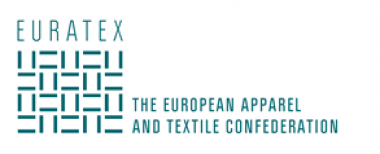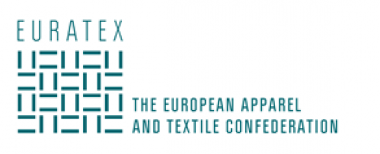EURATEX: 3rd project addressing shortage of qualified labour
The association has launched another initiative to promote upskilling and reskilling in the textiles, clothing, leather and footwear industry: the “TCLF SkillBridge” project will focus on establishing regional skills partnerships.
In the context of the EU TCLF Pact for Skills, EURATEX will work together with CEC and COTANCE to support the creation of regional partnerships in the area skills; this new SkillBridge project, supported by the European Commission DG GROW, will specifically help to develop action plans with regional authorities, local TCLF industry and education providers. These action plans should respond to the changing needs of the TCLF industry in the area of education and skills. The project will also offer a mobility scheme for regional stakeholders from the industry and offer support to SMEs, to help them develop reskilling or upskilling initiatives in their company.
The TCLF SkillBridge project complements the MetaSkills and Aequalis projects, which have been launched earlier this year. They all share the same objectives which have been established in the TCLF Pact for Skills, and thus contribute to addressing one of the most critical bottlenecks which is faced by the TCLF industry: the shortage of qualified labour. These 3 projects will, collectively, allow EURATEX and its partners to work with all relevant stakeholders from our sector across the EU and beyond.
Dirk Vantyghem, EURATEX Director General, welcomes these initiatives to support the TCLF industries: “Addressing the skills gap, and attracting young people with the right set of skills, is essential to strengthen the European textiles industry. We are grateful to the European Commission to offer the necessary support, and want to reach out especially to the regional authorities, to work together and design a skills strategy that works for its local TCLF industry.”
Euratex





